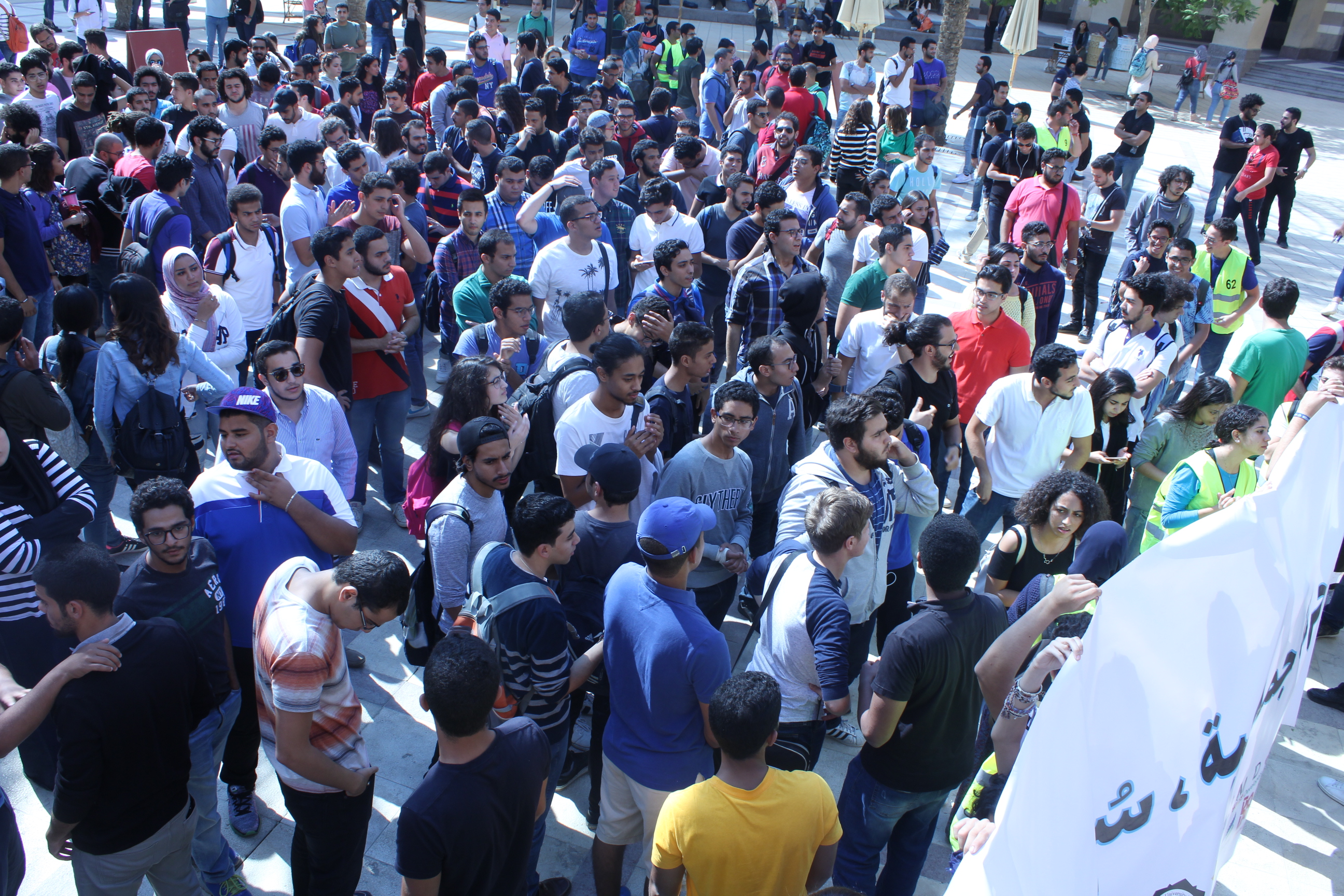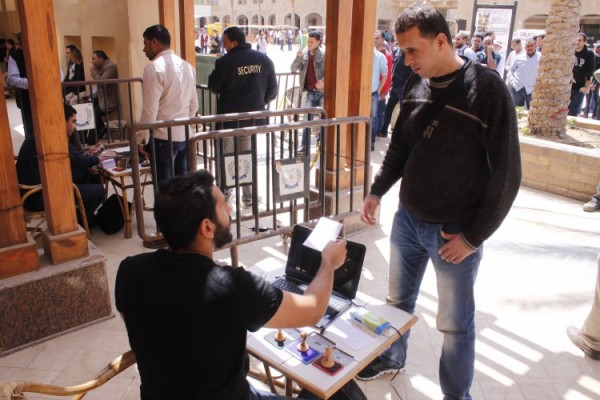The View From Lebanon: Sectarianism and Gendered Lines of Division
The Masculine State
By: Malak Sekaly in Beirut
Follow @malaksekaly
Lebanese women have for decades struggled under the shadow of sectarianism looming over the country.
In a country divided along sectarian lines, both the state and sub-national groups seek to control Lebanese women — what they wear, how they act and where they go.
In a male dominated region, the misogyny and sexism experienced by women in Lebanon all stem from the lack of their particpation in the political sphere, experts say.
Assistant Professor of Sociology at the American University of Beirut (AUB) Rima Majed told The Caravan that Lebanese women suffer from multiple sectarian challenges, including reclaiming the public sphere, pursuing equal pay, combating job discrimination, financial independence, flawed personal status laws and low participation in politics.
Majed says there is a clear intersection between sectarianism and gender politics.
“Sectarianism itself is a patriarchal system,” she said. “Across the board, all sects are no different when it comes to gender discrimination as it is either men, or women with ties to important men, who represent the sects.”
With 18 different sects – 12 Christian, five Muslim and one Jewish – Lebanon is the most ethnically diverse state in the Middle East, according to author of The Politics of Sectarianism in Postwar Lebanon Jinan Al-Habbal.
The 18 sects are all represented by male zo’oma (recognized leaders) who distribute resources and provide citizens with essential services, American scholar Max Weiss wrote in a 2010 article titled “Practicing Sectarianism in Mandate Lebanon” in the Journal of Social History.
Under the patriarchal structure of sectarianism, the lives of women are shaped by the custodianship of men who usually have the final say in all their personal matters.
“Women are legally conceptualized as the property of men,” said Coordinator for the Masters in Urban Planning and Policy at AUB Mona Fawaz.
She added that many Lebanese believe that fathers are only transitional patriarchs and custodians until women are transferred to the guardianship of their husbands.
Lebanese nationality law also discriminates against women — all power is given to the men who are the ones that can pass nationality on to their offspring.
“If we don’t marry a Lebanese man, we cannot give the nationality to our children,” said Fawaz.
Marriage itself falls under gendered sectarianism, as Lebanese women are expected to marry exclusively within their sect. To do otherwise is perceived as a ‘dishonor’ to the sect and the community.
Marriage, amongst other matters, is systematized under Personal Status Laws, which differ from one sect to another.
Instead of a unified civil code, each sect has its own laws and court system that govern personal matters.
This allows for more discrimination against women based on often patriarchal interpretations of religious rules, Majed added.
The implementation of these religious codes in practice limits, and in some cases eliminates entirely, women’s rights to custody, divorce and inheritance.
Just as divisions entrench gender discrimination in Lebanese law, physical space is also organized along sectarian lines.
Sectarian clashes ultimately led to a 15-year long civil war from 1975 to 1990, which left 150,000 casualties and displaced one million people.
The post-civil war partitioning of Beirut into neighborhoods based on sect majority is a topic of heavy debate today, particularly when it comes to the influence of such urban division on female mobility.
However, both Majed and Fawaz agree that sectarianism does not specifically impact female mobility across Beirut more so than it impacts males.
“The city is definitely divided in sectarian enclaves,” said Fawaz.
“These enclaves collectively affect our mobility. If you have a traumatic memory of the civil war, you will avoid the area that reminds you of it,” she added in reference to both genders.
In Beirut, the national army’s tanks are positioned to separate certain Sunni and Shiite neighborhoods in a bid to prevent clashes from breaking out.
“This is more intimidating for men because men are more likely to be picked up by the army, while women can move about more easily in regards to this.”
Nevertheless, since Beirutis tend to buy homes and settle in neighborhoods where their sect is the majority, moving into an area that is not of your own sect would most likely feel like ‘trespassing.’
However, Fawaz insists that even such feelings of unfamiliarity are not gendered.
She also added that the dress code is the more pressing issue with regards to gendering sectarianism in the public space.
“An observant Muslim woman, that is clearly Muslim, wearing the veil, will likely be a bit more self conscious in a primarily Christian neighborhood,” she said.
While it is clear that sectarianism impacts the daily lives of both genders in Lebanon, the system as a whole is patriarchal, putting Lebanese women at a disadvantage.
Lebanon has suffered sectarian clashes since the 19th century and since then, sub-national identity is strictly tied to one’s sect, with newborns inheriting their father’s faith.




